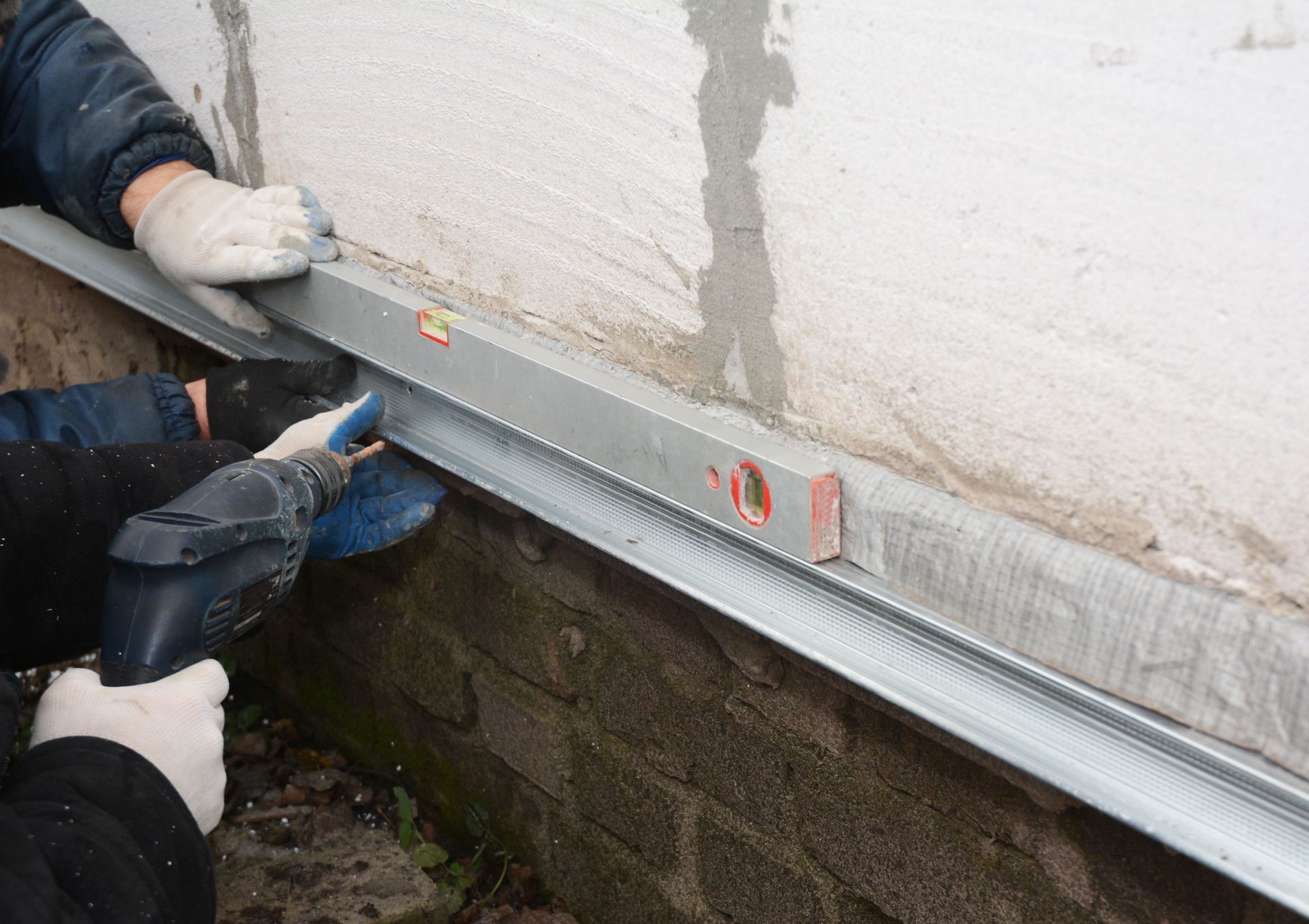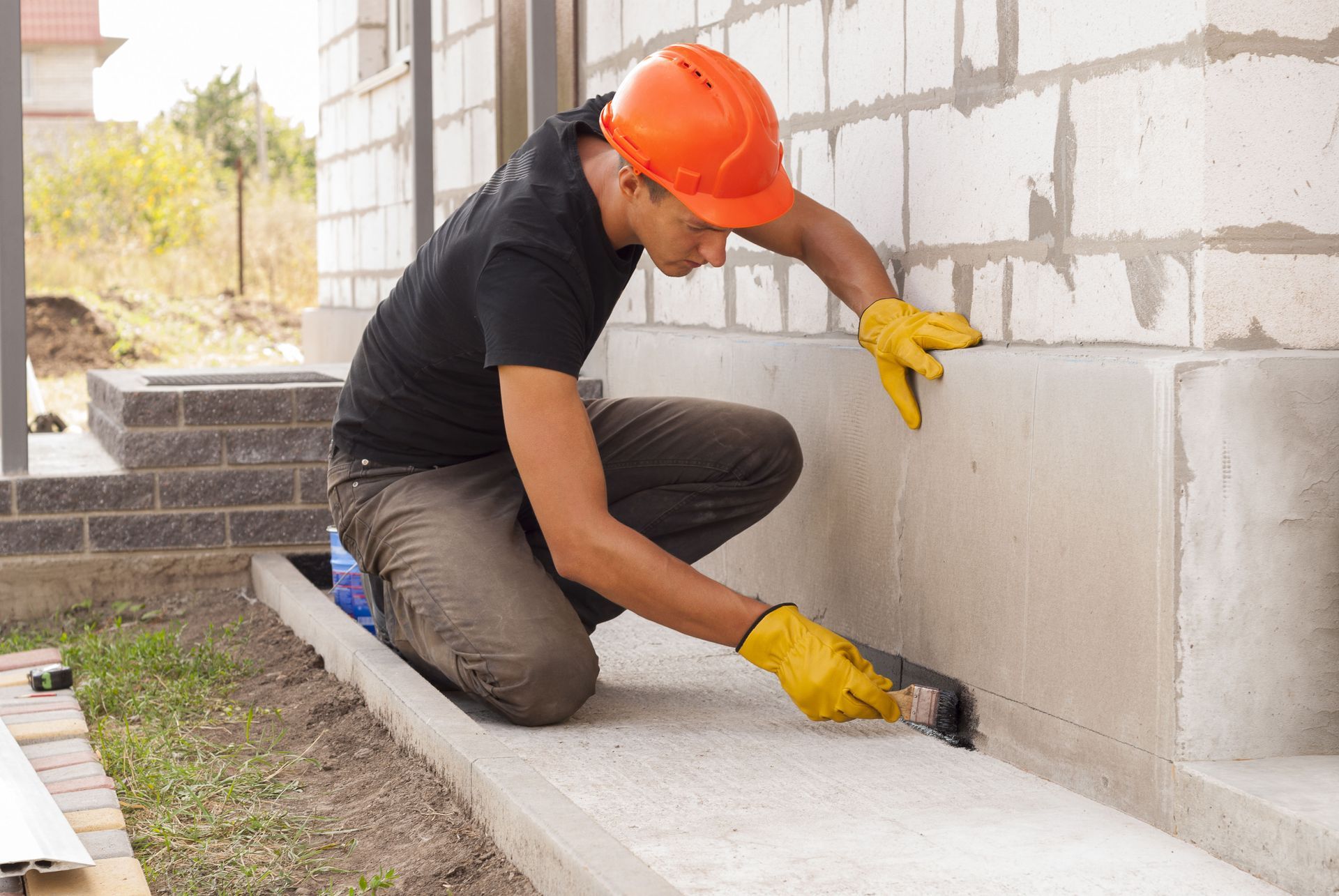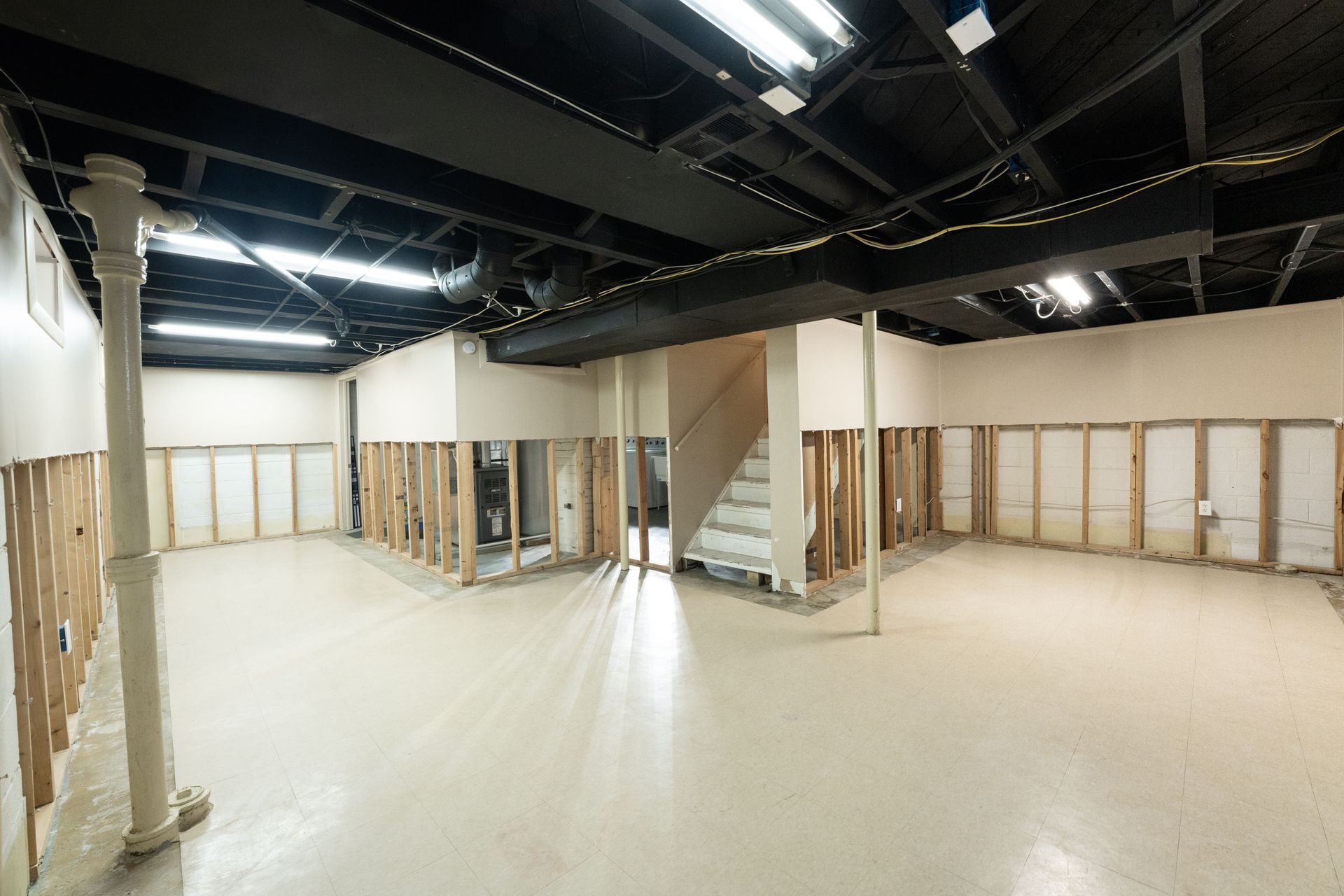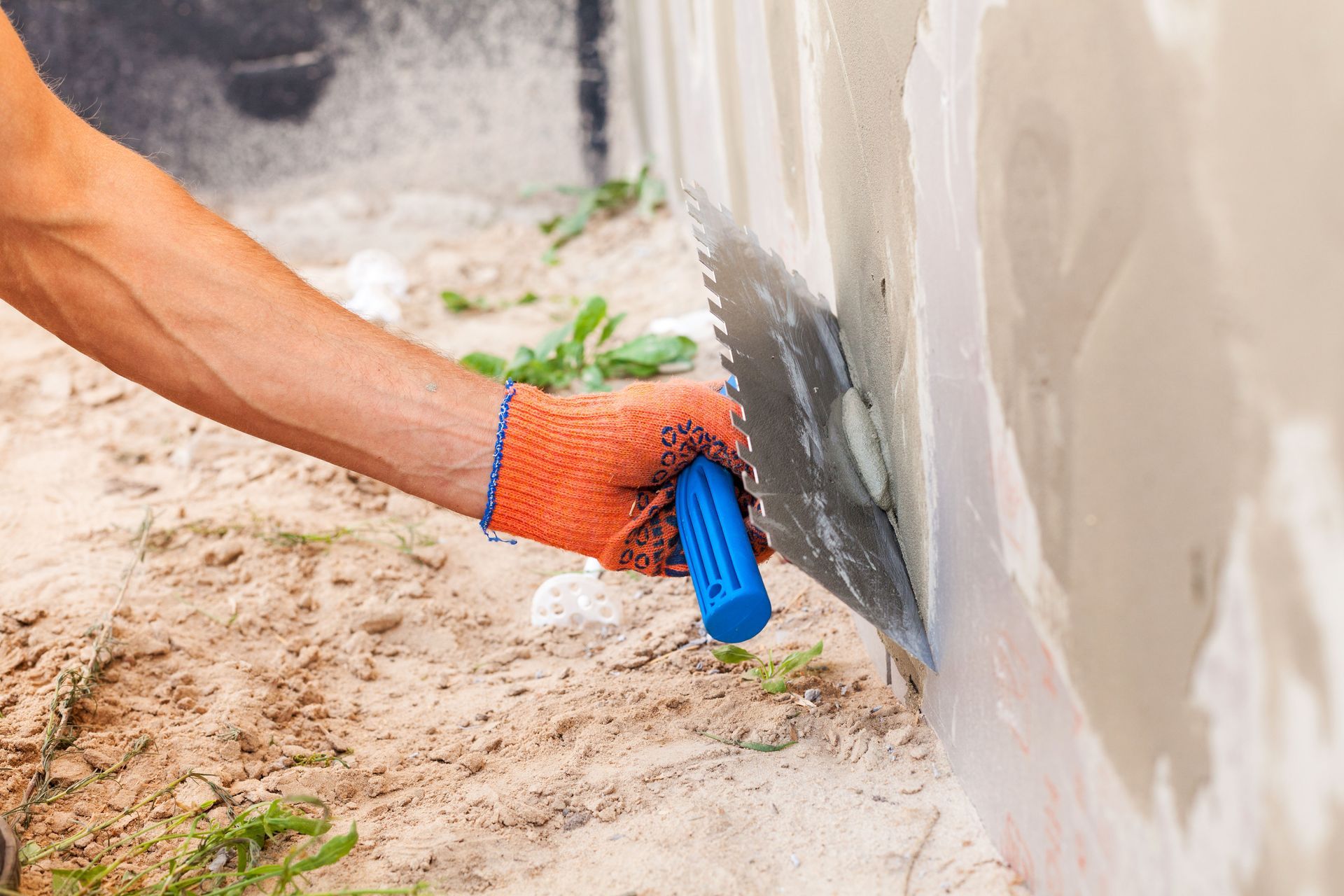October 23, 2025
Basements are a valuable part of any home, offering extra storage, living space, or even a cozy retreat from the bustling world above. However, they are also prone to moisture problems, which can lead to structural damage, mold growth, and overall discomfort. Understanding the common causes of basement moisture is crucial for homeowners looking to maintain their spaces. According to This Old House, exterior basement waterproofing can take anywhere from a day to a week, depending on the basement size and waterproofing method. In this article, we will explore the primary sources of basement moisture and how professional basement waterproofers tackle these issues to keep your basement dry and healthy.
Poor Land Grading
One of the most typical causes of basement moisture is poor land grading around the home's foundation. If the ground slope directs water towards the house instead of away from it, rainwater and melting snow can easily seep into the basement. Basement waterproofers address this by regrading the landscape to ensure proper water runoff. They may also install exterior drain tiles to capture and redirect water away from the foundation, keeping the interior dry.
Cracks in the Foundation
Foundation cracks are another significant source of moisture intrusion. These cracks can result from natural settling over time, earthquakes, or even improper construction. Basement waterproofers typically address these issues using methods like epoxy injection, which seals cracks from the inside, or through the application of exterior waterproof membranes to prevent water from penetrating the foundation. Such interventions not only stop current leaks but also reinforce the structure's integrity.
Faulty Drainage Systems
Gutters, downspouts, and drains play vital roles in directing water away from the home. If any of these systems are clogged, broken, or improperly configured, water can pool near the foundation and eventually enter the basement. Waterproofing professionals often recommend regular maintenance and repairs of these systems to ensure they function correctly. Additionally, they might install or upgrade drain tiles and sump pumps, providing a comprehensive drainage solution to protect the basement from moisture. Skilled basement waterproofers often inspect the full drainage network to ensure long-term effectiveness.
Hydrostatic Pressure
When surrounding soil becomes saturated with water, it exerts hydrostatic pressure against basement walls, forcing moisture through any available openings. This pressure can lead to significant leaks and dampness over time. To counteract this, basement waterproofers may install interior drainage systems that alleviate the pressure by collecting and channeling water away before it reaches the basement.
Poor Ventilation
A lack of proper ventilation in basements can lead to condensation, a common cause of moisture build-up. When warm, humid air comes into contact with the cooler surfaces of basement walls and floors, moisture can form and lead to dampness. Basement waterproofers often recommend improving air circulation through the installation of vents, dehumidifiers, or even HVAC systems tailored for basement use. These solutions not only reduce moisture but also improve air quality and comfort in the space.
Window Well Leaks
Basement window wells are designed to provide natural light and ventilation, but when improperly sealed or clogged with debris, they can become entry points for water. During heavy rainfall, water can pool in the wells and seep through the window frames or surrounding walls. Basement waterproofers address this by installing properly fitted window well covers, adding gravel for improved drainage, and sealing gaps with waterproof materials. In some cases, they also connect window wells to exterior drain systems to prevent standing water and moisture intrusion.
Plumbing Leaks and Interior Sources
Not all basement moisture originates from outside the home—internal plumbing issues are also common culprits. Leaky pipes, water heaters, and washing machine connections can contribute to persistent dampness and mold growth. Professional basement waterproofers and plumbers often collaborate to identify and repair these leaks. Once resolved, waterproofers may apply interior sealants or install vapor barriers to protect walls and floors from residual moisture, ensuring a dry, clean environment.
Moisture problems in basements can impact not only the structural integrity of your home but also the health of its occupants. By understanding the common causes, such as poor grading, foundation cracks, faulty drainage, hydrostatic pressure, and insufficient ventilation, homeowners can effectively address these issues with professional help. Basement waterproofers provide vital solutions tailored to combat each of these problems, ensuring basements remain dry and functional. Investing in waterproofing not only protects your property but also enhances its value and livability. If you're seeking professional basement waterproofers, make sure to contact Basement & Foundation Solutions today!






